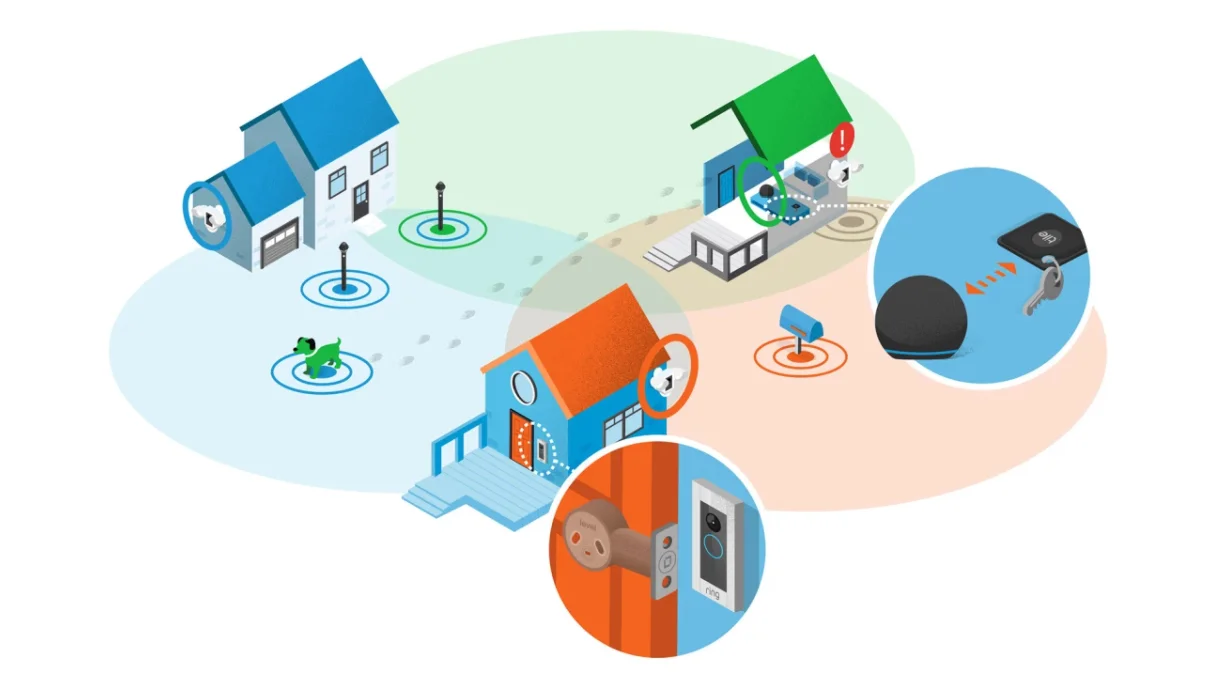There may not be as famous as Google, Apple, and Microsoft in the technology circle, and not as famous as Facebook and Twitter in the social circle, but Amazon’s business empire has expanded to many areas. Despite the greater controversy, Amazon Sidewalk, an experimental Internet sharing project, will be launched next month.
Mesh networks are not new, and they are becoming more common even in homes and small offices. Each node not only extends the network to a place where the source (such as a router) cannot be reached, but it can also become a backup when a node fails. Amazon Sidewalk is trying to take advantage of this feature of the mesh network. Of course, some of its extended functions have also aroused dissatisfaction among privacy advocates.
First of all, the Amazon Sidewalk network does not only include your home, but your entire community. It is trying to promote the idea that neighbors with Amazon devices help neighbors with Amazon devices to provide Internet connections for these IoT devices in case someone’s Wi-Fi fails. Amazon guarantees that its Internet connection speed is only 80Kbps, and the monthly limit is 500MB.
However, it is privacy and security issues that make it controversial. Amazon’s white paper on Sidewalk makes considerable guarantees, but in addition to using proprietary technologies that no one knows except Amazon, it is also based on Wi-Fi and Bluetooth technologies that have security flaws.
Amazon Sidewalk is still an experiment, but this experiment will go live in the United States on June 8. Not only are all Amazon Echo and Ring devices eligible, they are actually added by default.



Leave a Reply